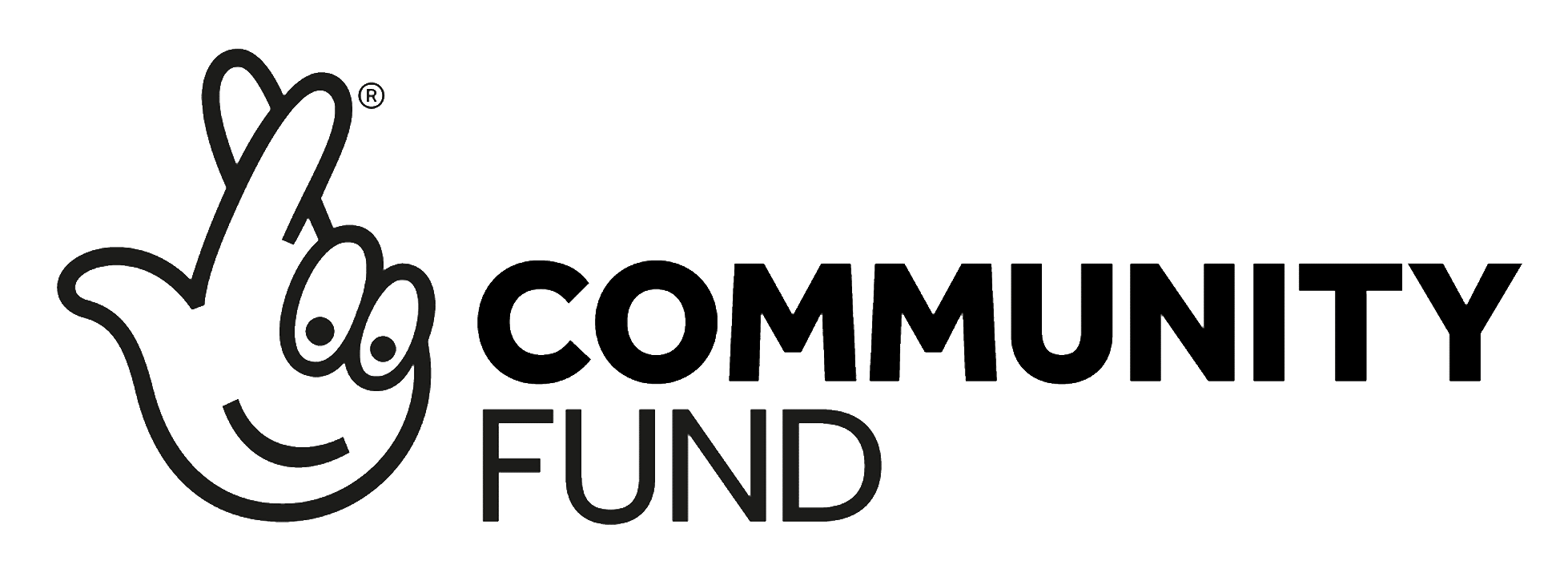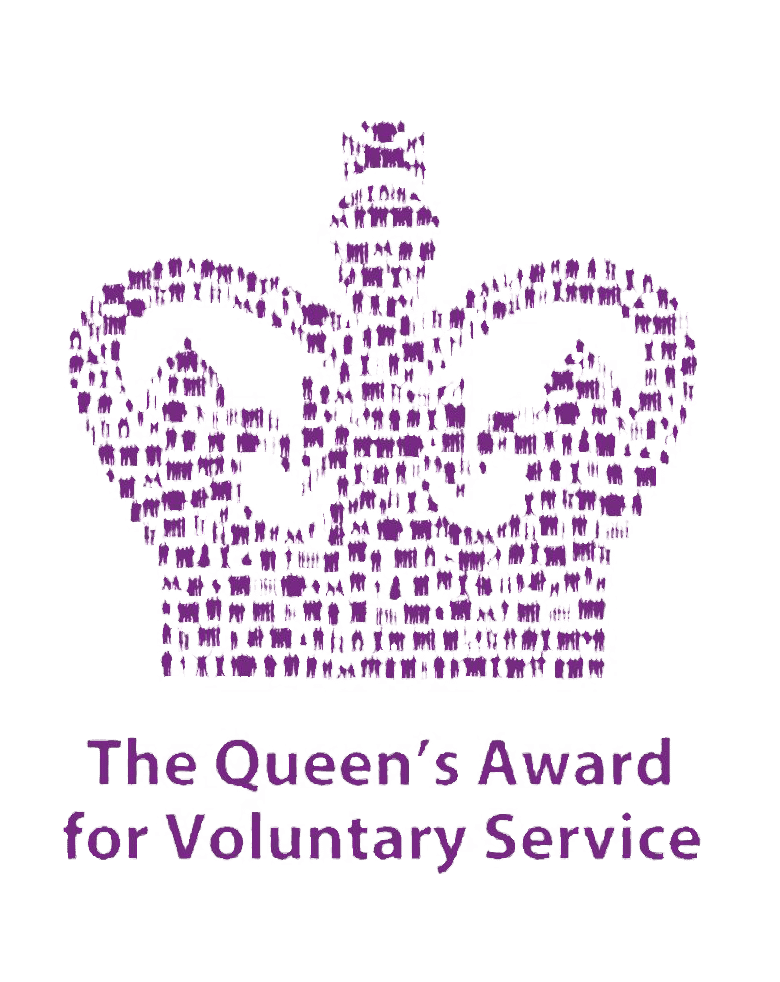Your Guide to Successfully Finding Local Orchestra Auditions
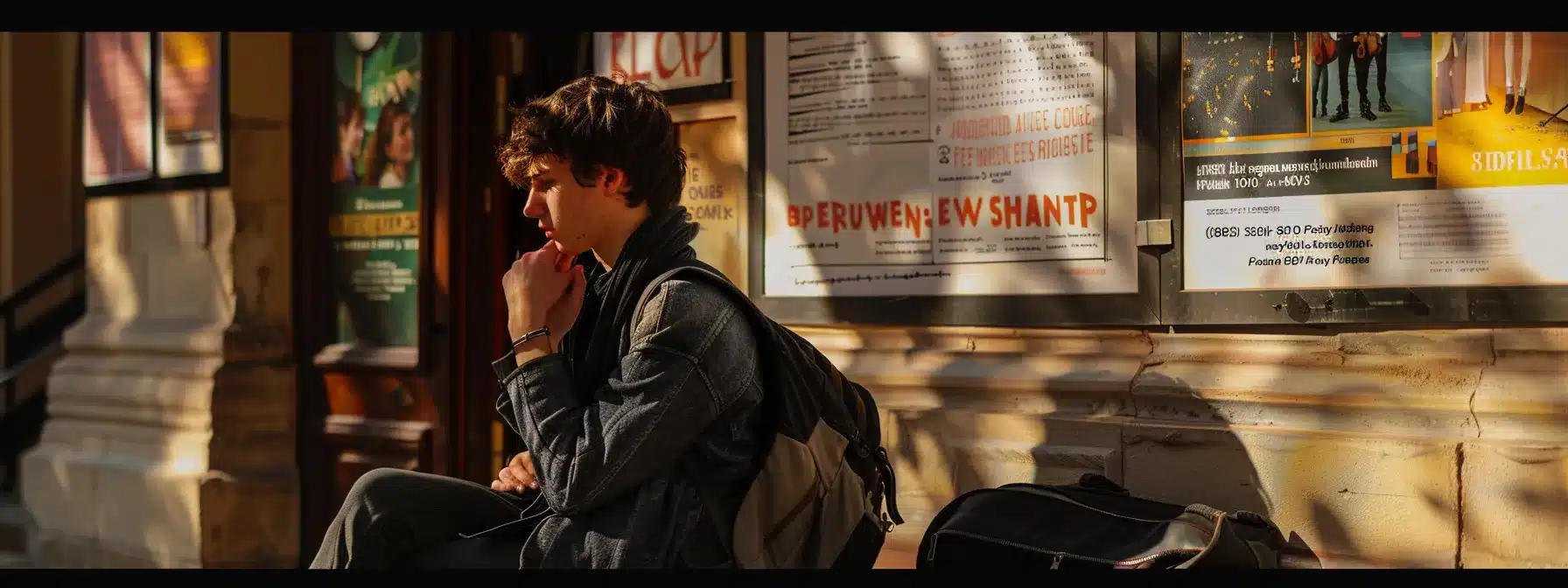
Are you struggling to find local orchestra auditions that suit your skills and passion for music? You’re not alone. Many musicians, whether playing the violin, trombone, or participating in chamber music, face similar challenges. This guide will walk you through essential steps, from understanding your local orchestra scene to submitting a successful audition application. By the end of this article, readers will be equipped with tools to discover auditions that enhance their musical journey, improve their intonation, and ultimately showcase their talents confidently at concerts.
Understanding Your Local Orchestra Scene

Identifying orchestras in the local area is the first step in understanding the opportunities available for aspiring musicians. This includes exploring various orchestra levels and styles, from community groups to more advanced ensembles. Additionally, researching the audition processes provides valuable insight into preparing for these opportunities, whether it involves mastering rhythm on a string instrument or auditioning with a piece like “Symphonie Fantastique” on the French horn.
Each of these topics offers practical insights that can help musicians navigate their local orchestra scene and find the right fit for their talents and aspirations.
Identifying Orchestras in Your Area
Finding orchestras in the local area is essential for musicians seeking to expand their experience and showcase their talents. Musicians interested in joining a symphony or ensemble should explore various groups, from community orchestras to more advanced ensembles that focus on different musical styles and dynamics. Whether it’s a local symphony or a chamber group, attending performances and checking community boards can lead to discovering audition opportunities for specific instruments like viola or for performing excerpts from well-known pieces.
Exploring Different Orchestra Levels and Styles
Exploring the different levels and styles of local orchestras is vital for musicians aiming to refine their skills and broaden their performance opportunities. Community orchestras often welcome a range of instruments, from the expressive cello to the vibrant clarinet, providing a nurturing environment for musicians of all experiences. Meanwhile, more advanced ensembles, such as the philharmonia orchestra, may offer challenging audition pieces, including concertos, which can help musicians showcase their talent and technical prowess through their chosen mouthpiece.
- Identify local orchestras to discover various performance opportunities.
- Explore community orchestras for a supportive musical environment.
- Engage with advanced ensembles like the philharmonia orchestra for challenging auditions.
- Prepare audition pieces, including concertos, to demonstrate skill.
- Utilize the right mouthpiece for the best sound quality in performances.
Researching Orchestra Audition Processes
Researching orchestra audition processes is a crucial step for any musician looking to join a local ensemble. Musicians interested in playing the oboe or any other musical instrument should familiarize themselves with the specific requirements of each orchestra, as audition formats can vary widely. Understanding these details, such as what pieces to prepare and the technical skills required, allows aspiring musicians to present their best selves during auditions.
- Identify local orchestras to discover various performance opportunities.
- Explore community orchestras for a supportive musical environment.
- Engage with advanced ensembles like the philharmonia orchestra for challenging auditions.
- Prepare audition pieces, including concertos, to demonstrate skill.
- Utilize the right mouthpiece for the best sound quality in performances.
The local orchestra offers a world of opportunity waiting to be seized. As the next step beckons, it’s time to prepare for your orchestra audition, where your talent can shine.
Preparing for Your Orchestra Audition

Successfully preparing for an orchestra audition involves careful selection of appropriate audition pieces, which may include works by composers like Richard Strauss. Developing a structured practice schedule will help enhance overall skill and articulation. Seeking feedback from teachers and peers provides valuable insights, while focusing on enhancing performance skills can significantly elevate an aspiring musician‘s chances of impressing the audition panel, from the concertmaster to orchestra members.
Selecting Appropriate Audition Pieces
Selecting appropriate audition pieces is crucial for musicians preparing for local orchestra auditions, such as those with The People’s Orchestra. Musicians should consider showcasing their skills through solos or excerpts that highlight their strengths, particularly for instruments like the bass trombone. Practicing these pieces well in advance will not only enhance their performance during the audition but also demonstrate their dedication and readiness for rehearsal and collaboration within an orchestra setting.
Developing a Practice Schedule
Creating a structured practice schedule is essential for musicians preparing for auditions with local orchestras, such as The Rusty Players Orchestra or The People’s Big Band. By allocating specific time slots for technique, repertoire, and performance practice, musicians can enhance their skills and build the confidence needed for auditions. Additionally, regular practice combined with self-reflection allows performers to identify areas for improvement, ensuring they present their best selves when the time for their audition arrives.
Seeking Feedback From Teachers and Peers
Seeking feedback from teachers and peers is an essential part of preparing for orchestra auditions. Musicians can gain valuable insights that highlight their strengths and areas for improvement, contributing to a well-rounded performance. Constructive criticism helps aspiring musicians refine their skills, whether they are practicing a challenging piece or working on their stage presence, ultimately boosting their confidence before audition day.
Enhancing Performance Skills
Enhancing performance skills is key for musicians preparing for local orchestra auditions. Regularly practicing under performance conditions, such as playing in front of friends or family, can help build confidence and simulate the audition experience. Additionally, focusing on aspects like breath control, stage presence, and musicality contributes to a well-rounded performance that can impress audition panels.
- Practice regularly in front of an audience to build confidence.
- Focus on breath control and stage presence during rehearsals.
- Emphasize musicality to enhance overall performance quality.
You have prepared well for your audition, yet the next step is crucial. Discovering where to showcase your talent can open new doors and bring you closer to the music community.
Finding Orchestra Audition Opportunities Near You

Finding local orchestra audition opportunities is an essential part of advancing one’s musical journey. Musicians can start by searching online music platforms and websites dedicated to auditions, which often provide the latest listings. Checking local music schools and conservatories can reveal unique opportunities, while community centers and libraries may host relevant information. Additionally, utilizing social media and online groups aids in connecting musicians with audition updates and networking with fellow performers.
Searching Online Music Platforms and Websites
Searching online music platforms and dedicated audition websites can significantly streamline the process of finding local orchestra auditions. Musicians should regularly visit these sites to access up-to-date listings, which often include essential details such as audition dates, requirements, and contact information for local orchestras. By actively engaging with these resources, aspiring performers can quickly identify opportunities that align with their skills and experience, ultimately enhancing their chances to join a community orchestra or ensemble.
Checking Local Music Schools and Conservatories
Checking local music schools and conservatories is a valuable step in the pursuit of orchestra audition opportunities. These institutions often serve as hubs for musical activity, frequently hosting auditions for local ensembles. By connecting with music schools, aspiring musicians can find out about upcoming auditions, receive personalized guidance from instructors, and even participate in preparatory workshops that enhance their skills and confidence.
Visiting Community Centers and Libraries
Visiting community centers and libraries can be an effective way for musicians to discover local orchestra audition opportunities. These venues often serve as community hubs, sharing valuable information about upcoming auditions and musical events. By perusing bulletin boards or engaging with staff, musicians can find postings relevant to their instrument and skill level, creating direct pathways to participate in local ensembles.
- Community centers often post audition flyers for local orchestras.
- Libraries may organize workshops or informational sessions on auditions.
- Engaging with venue staff can lead to insider tips about audition opportunities.
Utilizing Social Media and Online Groups
Utilizing social media and online groups is an effective way for musicians to discover local orchestra audition opportunities. Platforms such as Facebook, Instagram, and dedicated music forums often feature community pages where orchestras announce upcoming auditions and events. By actively participating in these groups and connecting with other musicians, individuals can stay updated on audition news and even receive tips on the audition process from their peers.
- Follow local orchestras on social media for real-time updates.
- Join groups focused on orchestra auditions to engage with fellow musicians.
- Share information about auditions within your network to foster community support.
Finding the right audition can open doors, but building relationships makes those doors wider. Connecting with local musicians and conductors can lead to opportunities you never expected.
Networking With Local Musicians and Conductors

Networking with local musicians and conductors is essential for discovering orchestra auditions and building supportive connections within the music community. Attending concerts and musical events provides insight into local talent, while joining community ensembles or bands fosters collaboration and learning. Participating in music workshops and masterclasses enhances skills, and connecting with music associations opens doors to valuable resources and opportunities.
Attending Concerts and Musical Events
Attending concerts and musical events is a wonderful way for aspiring musicians to connect with local talent and conductors, creating opportunities to network within the community. By engaging with performers after the show, individuals can gain insights into local orchestras and upcoming auditions, while also expressing their interests and aspirations. These interactions not only foster relationships but also build a supportive network that can guide musicians on their journey to securing local orchestra auditions.
Joining Community Ensembles or Bands
Joining community ensembles or bands opens up valuable networking opportunities for aspiring musicians seeking local orchestra auditions. By participating in these groups, musicians can connect with fellow performers and conductors who are well-versed in the local music scene. This connection can lead to insights about upcoming auditions, provide feedback on performance skills, and create a supportive environment that fosters growth and collaboration.
Participating in Music Workshops and Masterclasses
Participating in music workshops and masterclasses provides aspiring musicians with valuable opportunities to enhance their skills and connect with experienced professionals in the field. These sessions often cover essential topics such as technique development, ensemble playing, and performance practices, making them a great resource for musicians preparing for local orchestra auditions. By interacting with instructors and other participants, musicians can gain insights into the audition process and build lasting relationships that contribute to their growth within the music community:
- Enhance technical skills through guided practice.
- Gain insights into audition processes from seasoned musicians.
- Establish connections with instructors and peers for future opportunities.
Connecting With Music Associations
Connecting with music associations can significantly enhance a musician‘s access to local orchestra auditions and performance opportunities. These organizations often serve as valuable resources, providing information on upcoming auditions, workshops, and community events. By actively participating in these associations, musicians can network with industry professionals and fellow performers, gaining insights that not only assist in their audition preparation but also foster a sense of belonging within the local music community.
With connections made and confidence growing, the next step is clear. Crafting a strong audition application can open doors to new opportunities and showcase the talent waiting to be heard.
Submitting a Successful Audition Application

Submitting a successful audition application is crucial for musicians seeking local orchestra opportunities. It involves creating a professional music resume that highlights experience, preparing high-quality audio and video recordings to showcase talent, and writing an effective cover letter that communicates passion. Following application instructions carefully ensures that all requirements are met, increasing the chances of securing a spot in the audition process.
Creating a Professional Music Resume
Creating a professional music resume is a vital step for musicians pursuing local orchestra auditions. This resume should highlight relevant experience, education, and any special skills that demonstrate a musician‘s qualifications and passion for their art. By including performance history, ensembles participated in, and notable achievements, musicians can effectively showcase their dedication and readiness for the opportunities that await them in their local orchestra scene:
- Include performance history to demonstrate experience.
- Highlight education relevant to music and orchestral performance.
- Showcase any awards or recognitions that set them apart.
- Clearly outline skills, including proficiency on specific instruments.
- Maintain a clean and professional format for readability.
Preparing High-Quality Audio and Video Recordings
Preparing high-quality audio and video recordings is a crucial step in creating a competitive audition application for local orchestras. Musicians should ensure that their recordings are made in a quiet environment with minimal background noise, using a good-quality microphone to capture the full richness of their sound. Additionally, presenting a well-lit video with clear visuals allows the performance to shine, showcasing not only musical skills but also stage presence—an important factor that audition panels often consider.
Writing an Effective Cover Letter
Writing an effective cover letter is a key aspect of submitting a successful audition application. This letter should clearly express a musician‘s passion for their art, their experience, and what they hope to bring to the orchestra. By tailoring the content to reflect the specific orchestra’s values and mission, musicians can demonstrate genuine interest while also highlighting their unique contributions, making them stand out in a competitive audition process.
Following Application Instructions Carefully
Following application instructions carefully is essential for musicians seeking to secure a spot in local orchestra auditions. Each orchestra may have specific requirements regarding the submission format, deadlines, and necessary materials, which are designed to streamline their selection process. By meticulously adhering to these guidelines, musicians not only demonstrate their professionalism but also enhance their chances of being considered for an audition.
- Study the audition application thoroughly.
- Ensure all materials are submitted on time.
- Use the correct format for all documents and recordings.
- Double-check for any additional requirements specific to the orchestra.
- Provide all requested information clearly and accurately.
You stand on the brink of something new. As audition day approaches, the challenge shifts from preparation to performance, and confidence becomes your strongest ally.
Performing With Confidence on Audition Day

Performing with confidence on audition day is crucial for success in local orchestra auditions. Arriving prepared and early sets a positive tone, while managing performance anxiety is essential for maintaining focus. Presenting oneself professionally reflects dedication, and interacting positively with audition panels can create a welcoming atmosphere. Each of these elements plays a significant role in making a strong impression.
Arriving Prepared and Early
Arriving prepared and early for an orchestra audition can set the stage for success. Musicians should allocate ample time before their audition to familiarize themselves with the venue, ensure their instrument is in top condition, and mentally prepare for the performance. This proactive approach not only alleviates stress but also allows musicians to focus on showcasing their talents effectively:
- Allow time to address any last-minute equipment issues.
- Use the extra time to warm up and review audition pieces.
- Engage with other musicians to build a supportive environment.
Managing Performance Anxiety
Managing performance anxiety is essential for musicians preparing for local orchestra auditions. To combat nerves, musicians can utilize simple breathing techniques and visualization exercises before stepping onto the stage, which help calm the mind and foster focus. Engaging with fellow musicians and sharing experiences can also provide reassurance, making the audition experience more supportive and less intimidating.
- Use breathing techniques to stay calm.
- Practice visualization exercises to enhance focus.
- Connect with other musicians for support.
Presenting Yourself Professionally
Presenting oneself professionally during an audition is vital for making a lasting impression on the panel. Musicians should dress appropriately, reflecting the seriousness of the audition while ensuring comfort for their performance. Additionally, a warm and confident demeanor can set a positive tone, engaging the panel and showcasing not just musical talent but also professionalism and readiness for collaboration within the orchestra setting:
- Dress appropriately to reflect professionalism and comfort.
- Maintain a warm and confident demeanor during the audition.
- Engage with the panel to foster a positive atmosphere.
Interacting Positively With Audition Panels
Interacting positively with audition panels is essential for making a great impression. Musicians who approach the panel with a friendly demeanor and genuine enthusiasm create a welcoming atmosphere that can ease their nerves and foster a connection. Engaging the panel through eye contact and a warm greeting can establish rapport, making the audition experience more enjoyable for everyone involved:
- Maintain eye contact to build rapport with the panel.
- Greet the panel warmly to set a positive tone.
- Express enthusiasm for the opportunity to audition.
Conclusion
Successfully finding local orchestra auditions is crucial for aspiring musicians eager to showcase their talents and connect with their community. By identifying orchestras, exploring different levels and styles, and thoroughly researching audition processes, musicians can navigate opportunities tailored to their skills. Preparing diligently and networking within the music scene fosters collaborations that enhance growth and performance. Embracing these steps empowers musicians to confidently pursue their passion and contribute meaningfully to the vibrant orchestral landscape.
